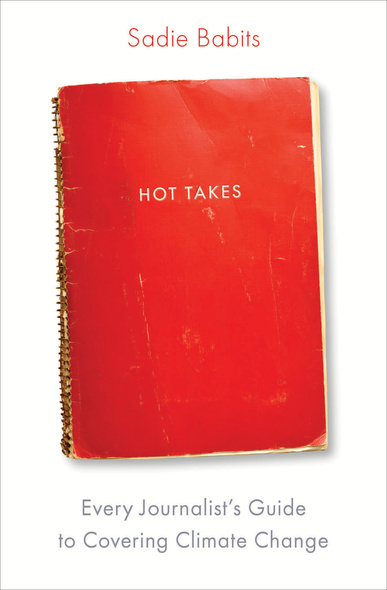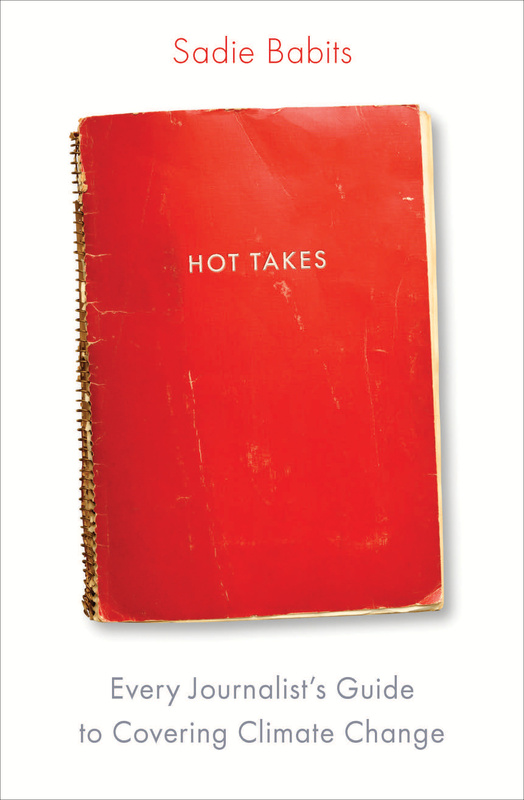
256 pages, 6 x 9
10 photos and illustrations
Paperback
Release Date:02 Jun 2025
ISBN:9781642832754
It’s Monday morning and your editor assigns you a story about a housing project where several residents have been hospitalized because of heat stroke. Is this a climate story? Is it a climate justice story? No one would have thought so twenty years ago. In fact, when many of us were attending journalism school or reporting our first stories in newsrooms, those terms did not even exist. Today, it’s a whole different story.
Whether you cover the environment, healthcare, economics, politics, sports, or any other beat, the fact is, you need to understand climate change to do your job. Because climate affects every human (and animal, and plant) on Earth, that means it affects all our reporting.
You may know the basics when it comes to the science of human-driven climate change. But how about the major policies that determine global climate action or the growing number of legal climate-related cases? Have you considered what it means to practice journalism focused on solutions—rather than offering up a puff piece? What about how to cover the vast inequities generated from human-caused climate change, or how race and socioeconomics interact with climate? Are you prepared to detect and debunk misinformation and to remove bias from your stories?
Climate change is dramatically shifting so many aspects of our world, journalism included. So, whether you’re still a student or a fifty-year veteran, chances are, you could use some up-to-date guidance on how to report on this critical and endlessly complex issue. You have come to the right place. No resource has all the answers, but Hot Takes engages the big questions that will determine how climate change is covered, and the stories we tell our audiences and ourselves.
Whether you cover the environment, healthcare, economics, politics, sports, or any other beat, the fact is, you need to understand climate change to do your job. Because climate affects every human (and animal, and plant) on Earth, that means it affects all our reporting.
You may know the basics when it comes to the science of human-driven climate change. But how about the major policies that determine global climate action or the growing number of legal climate-related cases? Have you considered what it means to practice journalism focused on solutions—rather than offering up a puff piece? What about how to cover the vast inequities generated from human-caused climate change, or how race and socioeconomics interact with climate? Are you prepared to detect and debunk misinformation and to remove bias from your stories?
Climate change is dramatically shifting so many aspects of our world, journalism included. So, whether you’re still a student or a fifty-year veteran, chances are, you could use some up-to-date guidance on how to report on this critical and endlessly complex issue. You have come to the right place. No resource has all the answers, but Hot Takes engages the big questions that will determine how climate change is covered, and the stories we tell our audiences and ourselves.
Sadie Babits is Supervising Climate Editor at NPR and previously was Professor of Practice and Sustainability Director at Arizona State University's Walter Cronkite School of Journalism and Mass Communication. Babits has also served as board president of the Society of Environmental Journalists.





